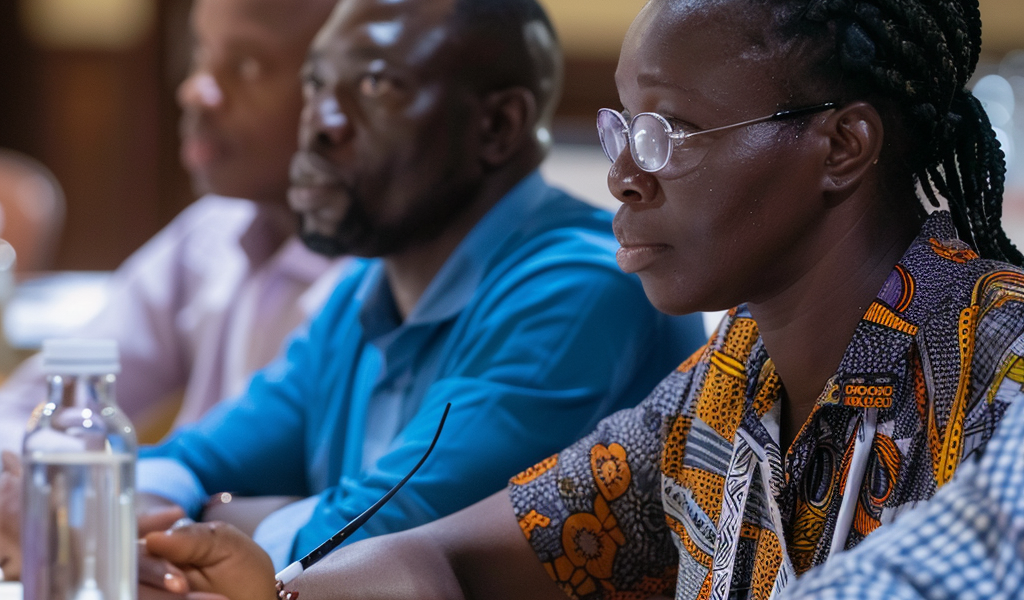Ghana, Kenya, and Malawi have been making significant strides in the fight against malaria by rolling out life-saving vaccines since 2019. Over 2.5 million children have already received at least one dose of the vaccine, providing crucial protection against deadly malaria.
As of 2024, more than 20 African countries are set to introduce the malaria vaccine into routine immunization programs. Leading the way are countries like Cameroon, Burkina Faso, Benin, Liberia, and Sierra Leone. This widespread adoption of malaria vaccines across Africa is expected to enhance access to malaria prevention and save the lives of tens of thousands of young individuals annually.
In a bid to support the broader implementation and rollout of the malaria vaccine, key stakeholders from Nigeria, Guinea, Cote d’Ivoire, and Liberia recently gathered in Accra, Ghana. The workshop, organized by the World Health Organization (WHO), PATH, and other partners, aimed at sharing Ghana’s successful experience in malaria vaccination to aid in the preparation for new introductions and rollouts in these countries.
Health officials and representatives from ministries of health, WHO, and UNICEF participated in the event, learning from the experiences of countries like Burkina Faso, Cameroon, and Sierra Leone that have already incorporated the vaccines into their programs. Dr. Frank Lule, the Officer-In-Charge of WHO Ghana, emphasized the importance of Ghana’s insights in facilitating the introduction and rollout of the vaccine in countries yet to adopt it.
The workshop covered various aspects such as vaccine introduction, risk communication, readiness monitoring, supervision, and data management. Participants also had the opportunity to visit malaria vaccination centers in Ghana to gain firsthand experience of the vaccination process.
Evan Simpson, Director of Vaccine Implementation at PATH, highlighted the efficiency that comes from exchanging information in workshops like this, emphasizing the impact on reaching more children and improving vaccination processes.
With Africa bearing 94% of the global malaria burden, the WHO and its partners are intensifying efforts to combat the disease, with vaccines being a crucial tool in the fight. In January 2024, the WHO Regional Office for Africa launched the Accelerating Malaria Vaccine Introduction and Rollout in Africa (AMVIRA) initiative. This initiative aims to provide technical support to Member States in introducing and rolling out malaria vaccines effectively and efficiently, while enhancing coordination among partners at various levels.
The workshop served as a platform for addressing information gaps, sharing best practices, and ensuring the successful introduction of malaria vaccines across Africa.





